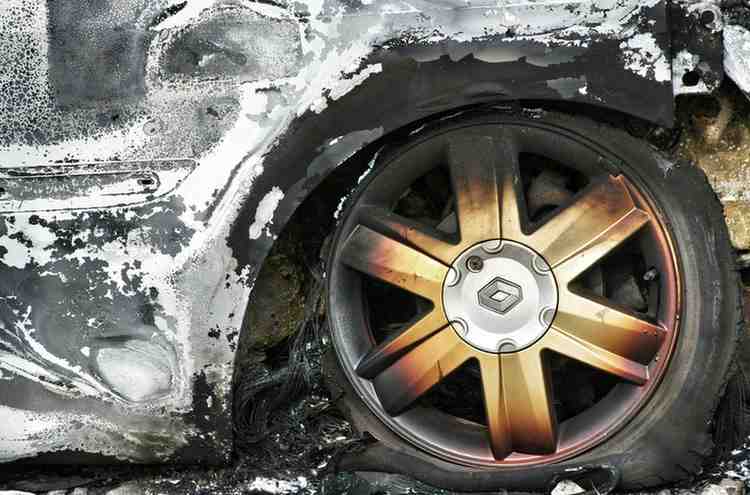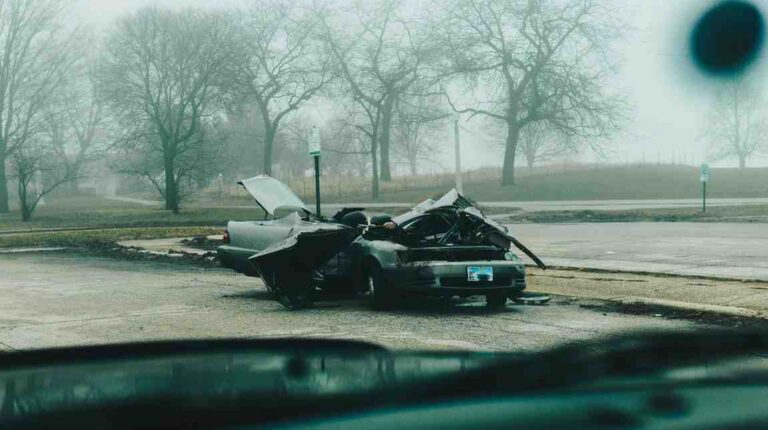Essential Truck Insurance Requirements Explained
Truck insurance can be a complex topic, especially for new truckers entering the business. This guide breaks down some of the most common insurance requirements to help you make informed decisions when buying your truck insurance policy.
Understanding these requirements is crucial for protecting your business, meeting legal obligations, and avoiding costly mistakes. Here, we’ll discuss four key types of coverage: auto liability, physical damage, motor truck cargo, and trailer interchange, as well as some tips for new owner-operators.

Auto Liability Insurance (Truck insurance)
Auto liability insurance, also known as primary liability, is mandatory for all commercial trucks as per the Federal Motor Carrier Safety Administration (FMCSA). This coverage helps pay for injuries and property damage caused to others if you’re at fault in an accident. For example, if your truck crashes into another vehicle, auto liability insurance will cover medical bills and repair costs for the other party.
The minimum coverage requirements depend on the type of freight you haul. For non-hazardous freight, the minimum coverage is $750,000. However, most brokers require a coverage of $1 million. If you haul hazardous materials or carry more than 15 passengers, the minimum requirement increases to $5 million. It’s essential to verify the specific requirements for your operation to ensure compliance and adequate protection.
Physical Damage Coverage
While auto liability covers damage to others, physical damage coverage protects your truck. It covers the cost of repairs or replacement of your truck up to the value you declare to your insurance agent. For example, if your truck is valued at $30,000 and it’s damaged in an accident, physical damage coverage will pay up to $30,000 for repairs or replacement.
This coverage is not required by the FMCSA, but it is often mandatory if you’re financing your truck. Even if it’s not required, it’s a wise investment as it protects your business from significant out-of-pocket expenses due to accidents, fire, theft, or vandalism. The cost of physical damage coverage varies depending on your truck’s value, age, and your chosen deductible.
Motor Truck Cargo Coverage (Truck insurance)
Motor truck cargo insurance provides protection for the goods you’re hauling. It covers losses resulting from fire, collision, or striking of a load. However, basic cargo policies may not cover specific scenarios such as theft, water damage, or refrigeration breakdown.
For instance, if your truck’s refrigeration unit malfunctions, causing your cargo to spoil, a basic cargo policy might not cover the loss. In another example, if you’re involved in an accident and your cargo spills onto the highway, cleanup costs may not be covered. Brokers typically require a minimum of $100,000 in cargo coverage, but it’s important to have sufficient coverage tailored to the type of goods you transport to avoid any financial pitfalls.
Also Read: Comprehensive Guide to Car Insurance
Trailer Interchange Coverage
Trailer interchange insurance is designed for truckers hauling non-owned trailers under a trailer interchange agreement. This coverage protects the trailer in case of damage due to collision, fire, theft, explosion, or vandalism while it’s in your possession.
For example, if your truck and a non-owned trailer are stolen while you’re refueling, and you don’t have trailer interchange coverage, your regular physical damage insurance won’t cover the trailer. With trailer interchange coverage, if you selected a limit of $20,000 and your deductible is $1,000, you would pay the first $1,000, and your insurance would cover the remaining $19,000. It’s crucial to ensure you have the right amount of coverage to avoid financial losses in case of such incidents.
Additional Insurance Coverages to Consider
Beyond these four basic coverages, there are other non-mandatory but highly recommended insurance options that can protect you from significant financial risks. These include:
- General Liability Insurance: Covers damages that occur during business operations not directly related to the operation of your truck, such as a customer slipping and falling on your property.
- Bobtail Insurance: Provides coverage when you’re driving your truck without a trailer attached, typically after a delivery.
- Non-Trucking Liability Insurance: Covers your truck when you’re using it for non-business purposes, such as personal errands.
- Occupational Accident Insurance: Offers benefits to independent contractors for injuries sustained while on the job, covering medical expenses, disability, and death benefits.
Tips for New Owner-Operators
For those new to the trucking business, navigating insurance can be overwhelming. Here are some tips to help you get started:
- Activate Your Operating Authority: If you’re looking to activate your operating authority but don’t have everything in place, consider obtaining a minimum insurance policy to “age” your motor carrier (MC) number. This strategy allows you to build up six months to a year of experience before fully launching your business, which can help you secure better insurance rates and contracts with companies like Amazon.
- Consult with a Specialist: Working with an insurance agent who specializes in truck insurance can help you tailor your coverage to your specific needs and avoid gaps that could put your business at risk.
- Regularly Review and Update Your Policy: As your business grows, your insurance needs may change. Regularly reviewing and updating your policy ensures that you’re adequately covered as your operations expand.
- Understand Broker Requirements: Brokers often have specific insurance requirements that exceed the legal minimums. Ensure you understand these requirements to avoid losing business opportunities.
By understanding these insurance requirements and proactively managing your coverage, you can protect your trucking business from potential risks and set yourself up for long-term success. Remember, insurance is not just a legal obligation but a crucial investment in your business’s future stability and growth.







